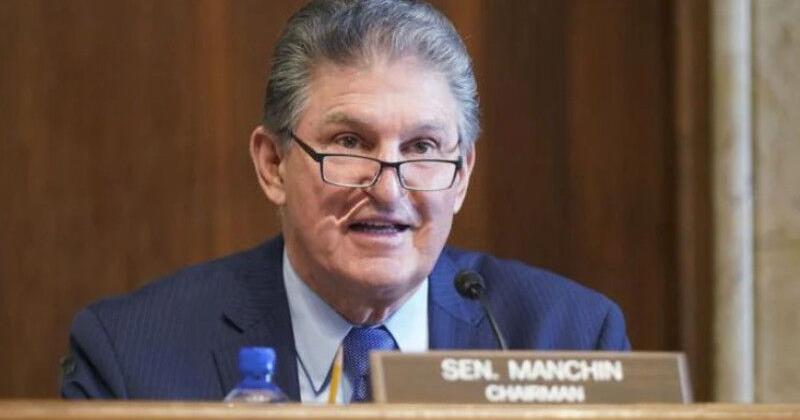A Bluefield business that focuses on the use of coal in developing building materials is receiving almost $3 million in funding.
Sen. Joe Manchin, D-W.Va., made the announcement last week during a visit from two U.S. Cabinet members to the state: U.S. Secretary of Energy Jennifer Granholm and U.S. Secretary of the Interior Deb Haaland.
The business is X-Mat Carbon Core Composites, located in the Commercialization Station on Bluefield Avenue, and the Florida-based company and partners “will construct a prototype structure to test coal-derived building materials including roof tiles, siding panels, bricks, and blocks. The project will produce a detailed design for a carbon-based building and update the techno-economic analysis to improve the maturity of the technology as it moves closer to a demonstration phase.”
The (Department of Energy) DOE funding is more than $2.2 million with other funding about $700,000. This project was one of many around the state receiving grants from the more than $210 million in funding available to West Virginia this year through the bipartisan infrastructure bill.
“I was honored to welcome my friends Secretary Granholm and Secretary Haaland to West Virginia to discuss the ongoing work of the Interagency Working Group on Coal and Power Plant Communities as well as the tremendous investments made possible through the Bipartisan Infrastructure Law,” Manchin said. “At every stop, we heard from West Virginians who reminded us of the enormous sacrifices our coal communities have made to keep the lights on and power our nation.”
Manchin, who is Chairman of the Senate Energy and Natural Resources Committee, said he was “especially excited about the new initiatives and developments we announced to help diversify and strengthen the West Virginia economy by creating new and good-paying jobs and revitalizing our communities.”
“I look forward to working with secretaries Granholm and Haaland and our partners in the state and private sector to ensure families and communities across the Mountain State have the tools they need to build a brighter future,” he said.
According to the DOE, the project will produce “high-strength, lightweight building materials made from domestic coal waste. The waste will be sourced from active coal preparation facilities or existing waste storage structures and converted into building materials that are lighter, less bulky and fire-resistant, for use in residential, commercial and infrastructure applications.”
Bill Easter is owner of the parent company, Dynamic Material Systems, based near Orlando, Fla.
“We first started this in 2017,” he said of the process to locate a branch of the business in Bluefield, establishing a presence here in 2018. “We have been at the Commercialization Station for a couple of years.”
Easter said the company has been working on developing building products from coal and coal waste in their Florida labs and wanted a facility here to be close to the source of the material.
“This is the culmination of those activities,” he said of the DOE funding.
The building to be constructed from those products is part of the R&D (research and development) portion of the plan.
“We needed to make a demonstration actually using the coal and carbon based materials,” he said.
The eventual goal is to build factories in this region to make the products.
But the entire process takes time, from developing the technology to showing it works and making changes along the way to make it better.
Easter said he anticipates the company will have 15 to 20 workers on this project here in Bluefield.
Easter also had high praise for Jim Spencer, the city’s economic development director, and BEDA (Bluefield Economic Development Authority), of which Spencer is also the director.
“We are super happy with Jim Spencer and BEDA,” he said. “We are happy with the Center for Applied Research and Technology (CART) and Bruce Mutter (CART director). They are all great people and have great people working with them.”
Easter said those organizations, BEDA and CART, are “why we are in Bluefield.”
“It’s been a privilege to work with Bill and Sue Easter on the X-Mat project,” Spencer said. “We are proud of the accomplishments they have made and we’re proud they are in Bluefield.”
Spencer said X-Mat is a “prime example” of the kind of projects that were envisioned when the Commercialization Station project started in 2016 on Bluefield Avenue in the former freight building.
Spencer spearheaded the drive to procure more than $2 million to renovate the building and create spaces for upstart businesses.
The DOE said the selected project supports FECM’s (Office of Fossil Energy and Carbon Management) Carbon Ore Processing Program, which develops innovative uses for coal as the nation undergoes a transformational shift to clean energy and economic growth through the support and development of new carbon-based technologies in U.S. energy communities.


